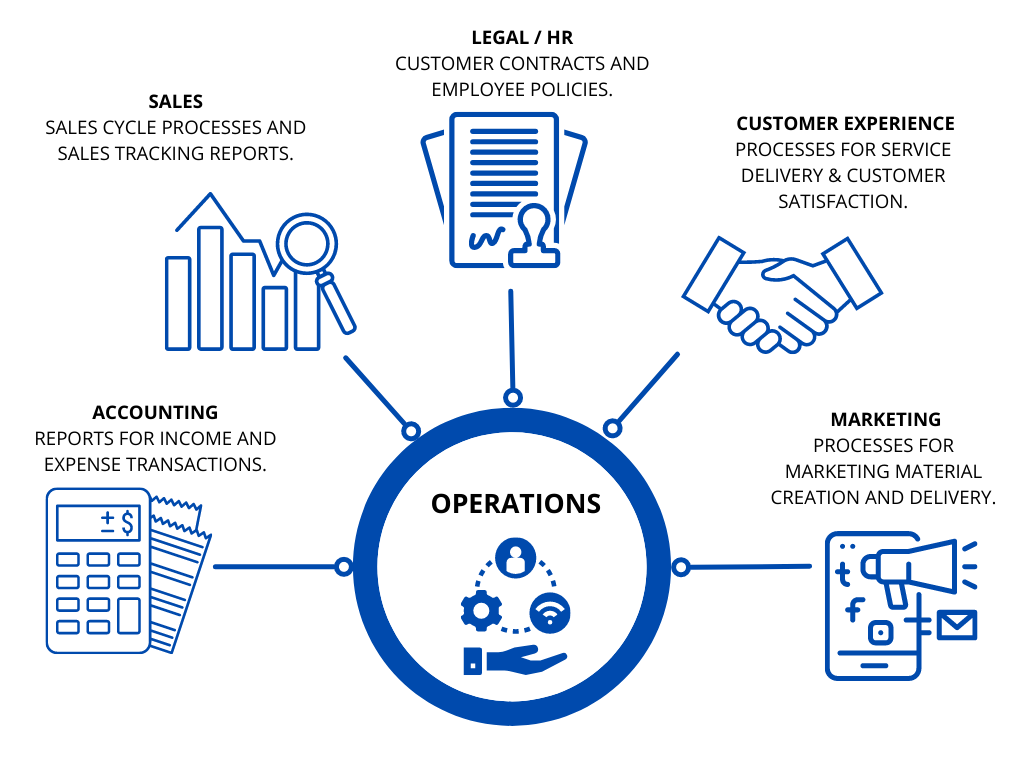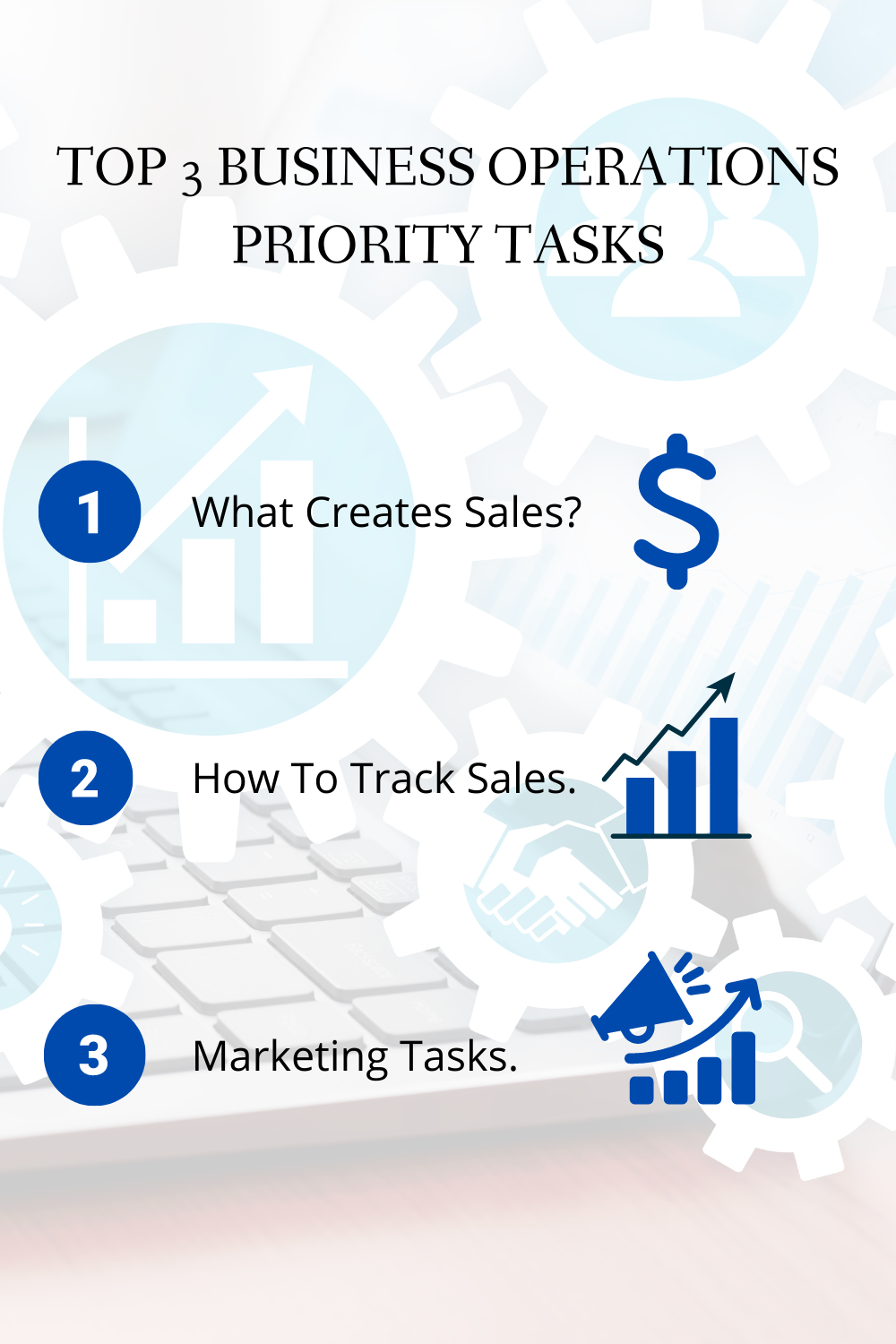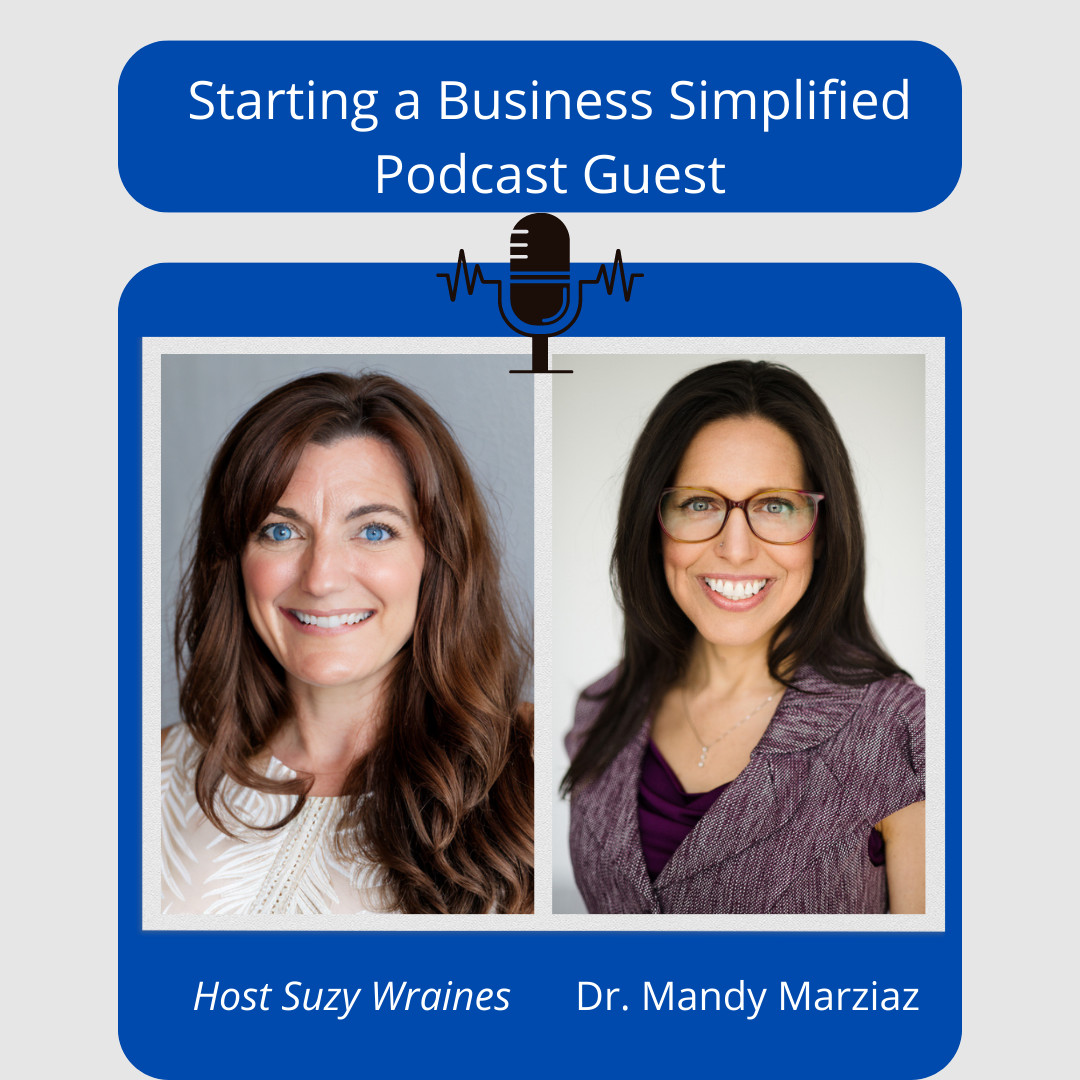
The article was written by: Suzy Wraines
Setting up your small business operations plan will save time and money. The best part is you get to do what you love instead of trying to keep your business running.
Are you paying for apps that aren't helping your business make money? Each day you sit down to start work, and before you know it, there are 20 tabs open in your browser. Yikes!
How on earth did that happen? So many of us spend our days distracted instead of focusing on money-making tasks.
Having effective business operations will save time and money. Let's look at what operations consist of in a small business.

What ARE business Operations?
Simply put, operations are the processes to run the business most efficiently at the lowest cost. I say "most efficient" because you should know how much it costs for every minute of work done. That way, you can ensure you're not spending too much on things that aren't making money.
Also, if you don't have a good process, even if it's working perfectly, you may be wasting time or doing unnecessary tasks that may cost more than necessary without even knowing it.
Why Does My Small Business Need Operations?
To answer this question, look at why you are starting a small business in the first place. You have a great idea that no one else seems to have yet. Or maybe you're trying to make extra money to leave a job you hate or have more time.
 All businesses start as ideas in someone's mind but need operations before they can become profitable (and keep running). You must keep track of every penny spent to determine if your services are worth the cost.
All businesses start as ideas in someone's mind but need operations before they can become profitable (and keep running). You must keep track of every penny spent to determine if your services are worth the cost. But who keeps track of all this? As a new small business owner, it's probably just you. Setting up the processes for marketing, selling, and services you provide is vital.
When done correctly, all these procedures will give you better results over time through higher profits or sales volume than if left unchecked by proper oversight (aka poor operations).
New service-based small business owners don't always know right away what they will need for business operations. They don't realize how vital small business operations are to setting and reaching business goals. Let's look at the details involved with operating a small business.
What do you need to start and run your business?
The four main components of a small business are:
- Accounting
- Sales & Marketing
- Legal
- Operations
Operations affect all aspects of the business even though it shows as its own component. Because business operations touch all areas of the company, think of each as a "department" of your business with processes to keep them going.
 Each flows into the big picture of the business, like gears linked together to make an engine run. Money or income is the fuel to keep the engine going.
Each flows into the big picture of the business, like gears linked together to make an engine run. Money or income is the fuel to keep the engine going. You'll learn how much each aspect costs. You'll know what projects are needed to keep your small business growing. Then determine if your service is worth doing or not.
It allows you to evaluate whether you want to keep running the day-to-day aspects of your small business or hire help. Having a business operations plan will help.
How To Create An Operations Plan
Start by asking yourself these questions:
- Do I need outside help to run my business?
- How much money does my business make per month?
- How much does running the business cost me to run the day-to-day aspects (such as paying bills)?
- What tools do I need to provide services to my customers?
When you start creating an operations plan, you will need the answers to these and other questions. Let's look at each question in detail.
Do I need outside help to run my business?
It depends on these three things:
- Can I provide my services without help?
- Can I afford to hire help?
- Do I have the income to cover the cost of help?
- Do I know each part of my business?
- Accounting
- Legal / HR
- Marketing
- Sales
SETTING UP YOUR SMALL BUSINESS OPERATIONS PLAN WILL SAVE TIME AND MONEY. THE BEST PART IS YOU GET TO DO WHAT YOU LOVE INSTEAD OF TRYING TO KEEP YOUR BUSINESS RUNNING.
How much money does my business make each month?
To answer this question, you will need to know the pricing of your services and how many you plan to sell each month.
- Pricing of services.
- How many will I sell each month?
- How much do my expenses cost each month?
How much does running the business cost me to run the day-to-day aspects (such as paying bills)?
It's essential to track your costs with accounting software or have a bookkeeper keeping track of you. When you keep track of your expenses, it will be straightforward to look at a report to see how much money your business requires each month.
What tools do I need to provide services to my customers?
To answer this question, you will look at your business's services. Some things to consider:
- Are services online or in-person?
- How will you communicate with customers?
- How will services be delivered?
- What necessary follow-up do you need after services are provided?
These are a lot of questions. It may feel overwhelming when you think about it. You are not alone in feeling this way. You will find a complete operations plan and financial plan section in the Simple Steps Business Plan Workbook that covers all these questions.
Once you have created your business operations plan, you can start implementing the plan.
Implementing a business operations plan
 The most crucial part of implementing your plan to start slow and SMALL. What I mean by this is don't do everything at once. Pick the highest priority task first. How do you decide which is a priority? What I recommend as priority tasks are:
The most crucial part of implementing your plan to start slow and SMALL. What I mean by this is don't do everything at once. Pick the highest priority task first. How do you decide which is a priority? What I recommend as priority tasks are:- What creates sales.
- How to track sales.
- Marketing tasks.
The above list will get you started. The rest of the operations plan is up to you what you consider a priority.
As you implement your operations plan, it's important to re-evaluate how it's going. Revisiting areas of operations through tracking processes is the best way to know if the plan is working or needs to be adjusted.
So why are small business operations so important?
The simple answer is it saves you time and money. Who doesn't want more time and money? Isn't that why you started a small business in the first place? The key take-aways from this article are:
- Operations are the processes that run the business most efficiently at the lowest cost.
- Create an operations plan.
- Re-evaluate the operations plan frequently and make adjustments as needed.
















0 Comments